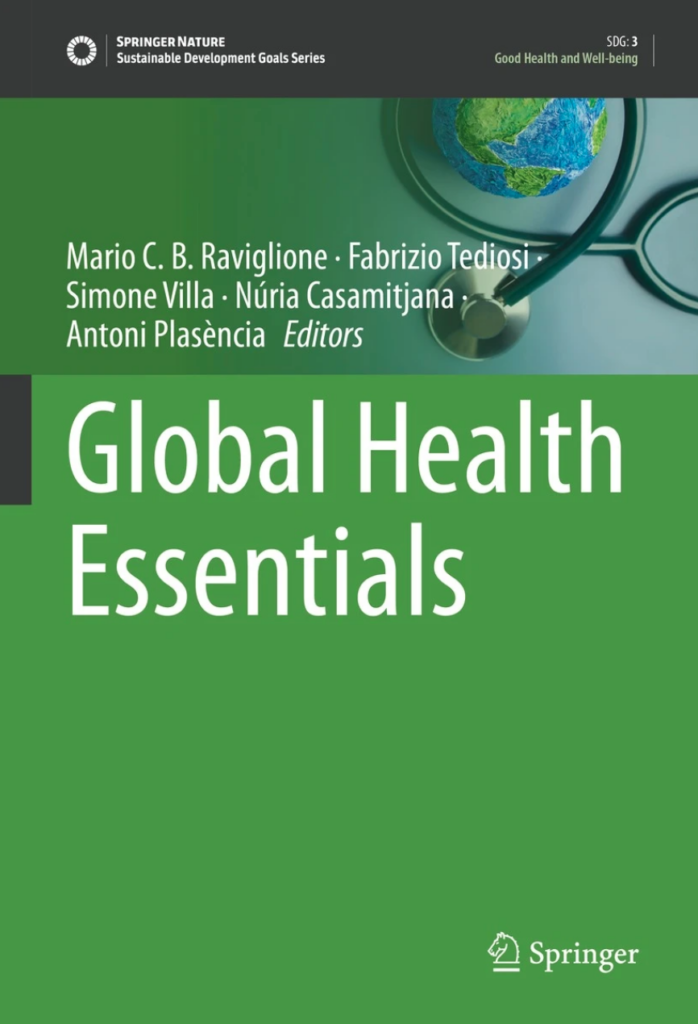
Dr. David Peters, Dean of the Faculty of Health at York University and former Edgar Berman Professor and Chair in International Health at Johns Hopkins University’s Bloomberg School of Public Health, has first-hand experience with the challenge of strengthening health systems in Low and Middle Income Countries (L&MICs) from his work in numerous countries including Afghanistan, India, Nigeria and Uganda.
Despite the heavy demands of his current position as Dean, he continues to contribute to scholarly works focused on practical solutions to global health challenges. In the book Global Health Essentials (Springer 2023), Dr. Peters wrote a chapter entitled "Health Systems Frameworks" which describe and analyze health systems, as well as how to frame interventions to strengthen health systems, while reflecting the agendas and biases of their authors. His chapter summarizes the uses and limitations of some widely used health systems frameworks, arguing that the choice of a framework should be fit-for-purpose. A comprehensive description of a health system framework is presented to fill some gaps by incorporating previously overlooked social and structural determinants of health, and as well incorporating broader population health services and health emergency and disaster risk management. He discusses how frameworks can support a systems thinking approach when they prompt how key stakeholders, functions, and outcomes are specifically related to each other and health system objectives, and outlines how to select an appropriate framework.
Dr. Peters also co-authored two chapters entitled “Introduction to Health Systems:
Setting the Scene” and “Health Policy and Systems Research: The Role of Implementation” in the book Making Health Systems Work in Low and Middle Income Countries (Cambridge University Press 2022). The book demonstrates how health systems can be strengthened in L&MICs by unravelling their complexities and by offering a comprehensive overview of fundamental concepts, performance assessment approaches and improvement strategies to address health system challenges in L&MICs.
Dr. Peters is currently a Commissioner on the Lancet Commission on Evidence-Based Implementation in Global Health. Established in 2022, the Commission aims to accelerate progress in building and applying the evidence base for implementation and improve the equitable, scalable, and sustainable implementation of evidence-based health-care interventions, especially in L&MICs. Priorities for the Commission include determining the state of implementation evidence being generated and used; identifying evidence that will be most helpful for improved implementation decision making, implementation practice, and implementation outcomes; and learning how to optimally generate this evidence and enable its full and effective use in practice.
“Implementation research is about using scientific methods to find out how to get things done,” says Dr. Peters. “Finding ways for health systems to benefit people needs research that fits the context and nature of the problem being addressed — it can’t be that ‘one size fits all.’”


